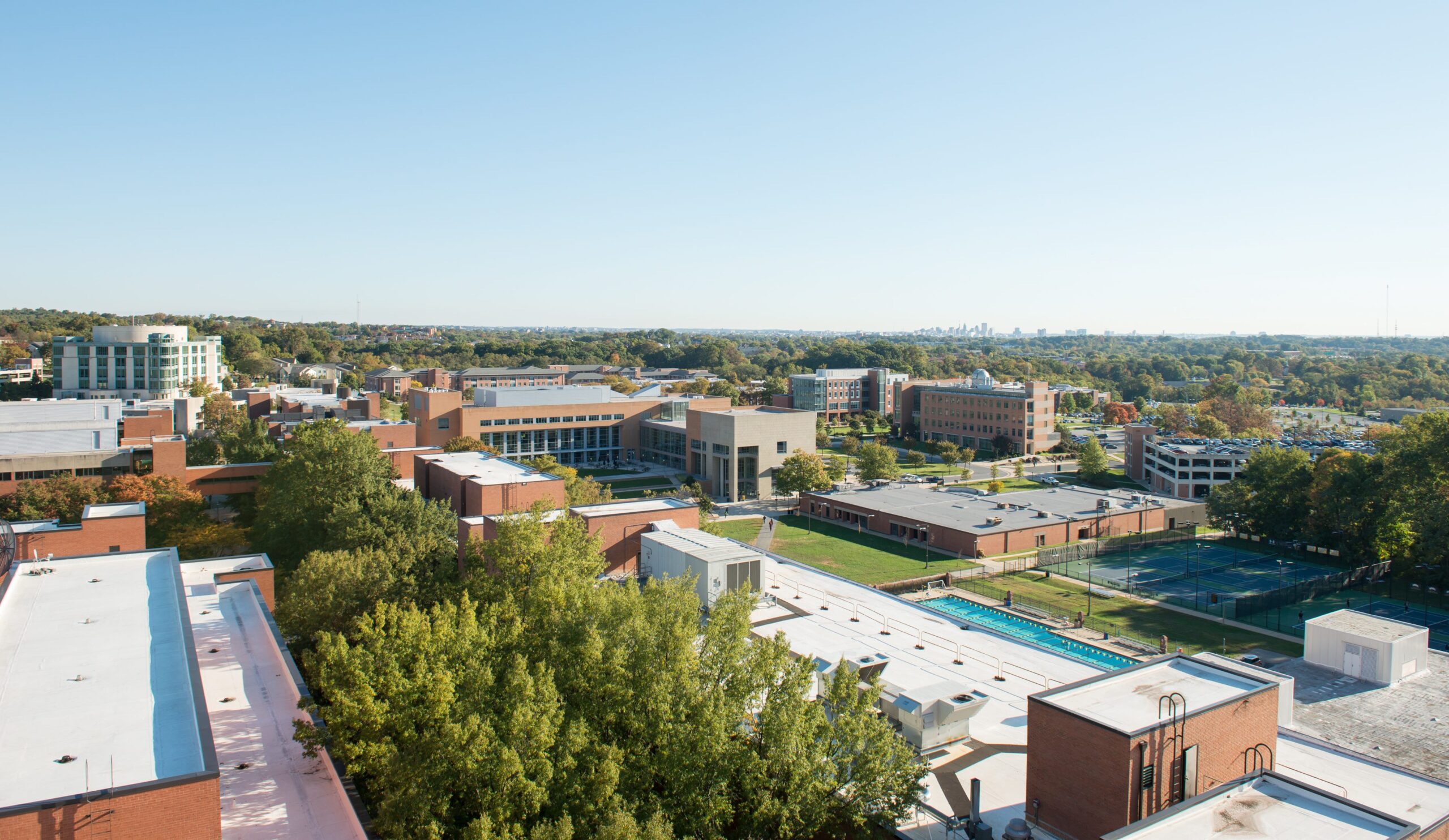UMBC and nine fellow members of the Baltimore Area Higher Education Coalition Against Sexual Violence have received a three-year $750,000 grant from the U.S. Department of Justice (DOJ) Office on Violence against Women to create new strategies to prevent, respond to, investigate, and hold offenders accountable for sexual assault and dating violence, and to strengthen trauma-informed victim services.
Specific coalition objectives include increasing awareness of and access to survivor services; assessing and enhancing the capacity of campus response teams to address sexual violence; and providing comprehensive survivor-centered trainings that include specific information on serving LGBT students and students of color, among other goals.
The grant is part of a $25 million funding package announced by the DOJ in fall 2016. Loyola University Maryland is administering the Baltimore coalition’s award. In addition to the ten participating universities, this partnership includes collaboration with the Baltimore City Police Department, Baltimore Collegetown Network, and TurnAround, Inc., a Baltimore-based service provider for victims of domestic violence and sexual assault.
Simultaneous with applying for and receiving this grant, and in accordance with the Maryland Higher Education Commission (MHEC), UMBC’s Office of Human Relations also completed a Campus Climate and Sexual Assault (CCSA) survey in spring 2016. The survey sought to better understand student perceptions, experiences, and awareness related to sexual assault and relationship violence.
With a response rate of 5% (666 undergraduate and graduate students), the findings are not a representative sample, and cannot be generalized to the total population of UMBC students, but they do offer some insight. The UMBC Office of Human Relations has created a one-page infographic highlighting the main CCSA survey findings.
MHEC has also published a more comprehensive Report on Campus Climate and Sexual Violence at Maryland Colleges and Universities (see volume 1 and volume 2), that includes combined data from UMBC and other institutions.
Students who have experienced sexual assault or relationship violence, or know of someone who has, can access support resources through UMBC Police, the Counseling Center, University Health Services, the Women’s Center, and Title IX Coordinator Bobbie L. Hoye. The university’s policy on sexual misconduct is available through the Office of Human Relations.
Tags: staff

